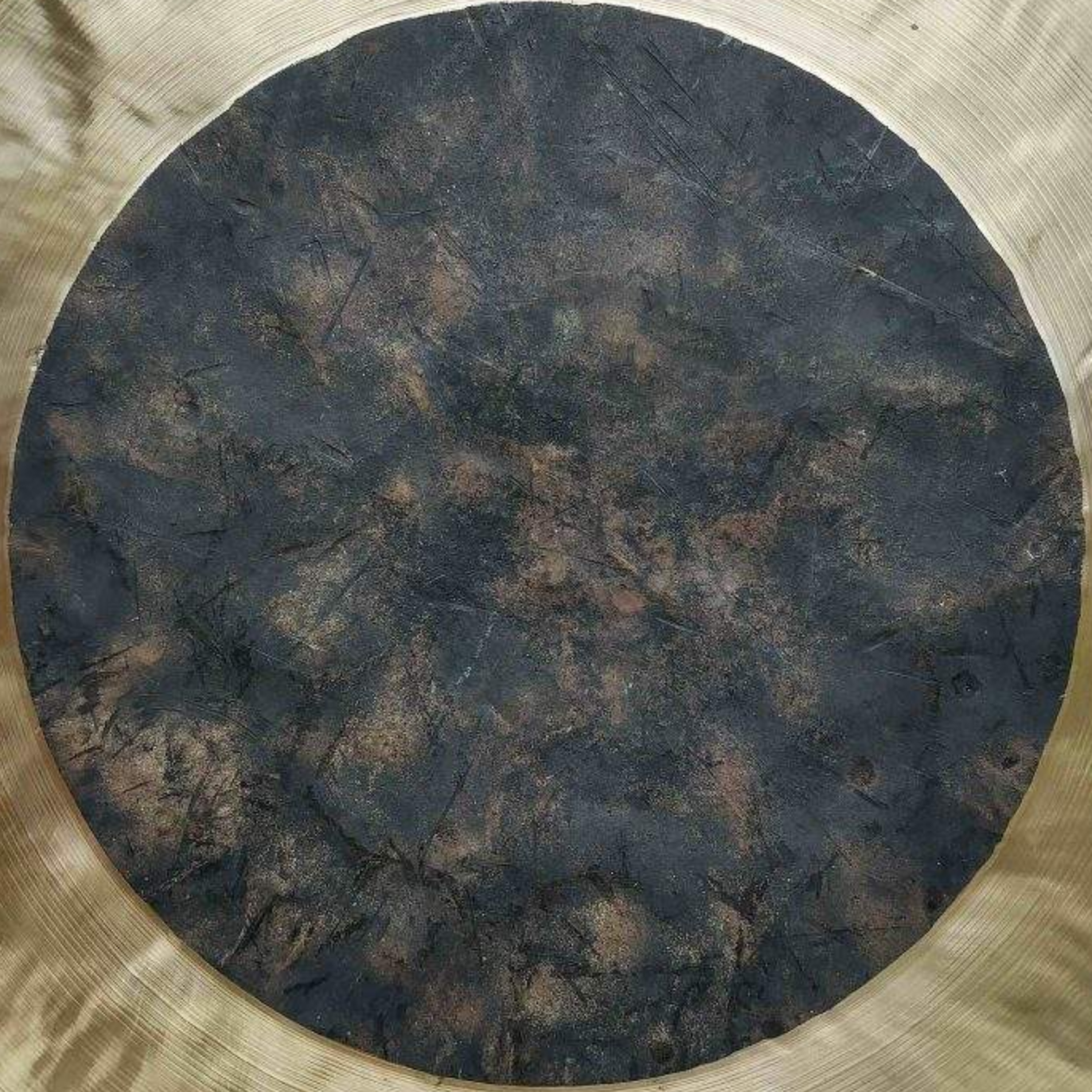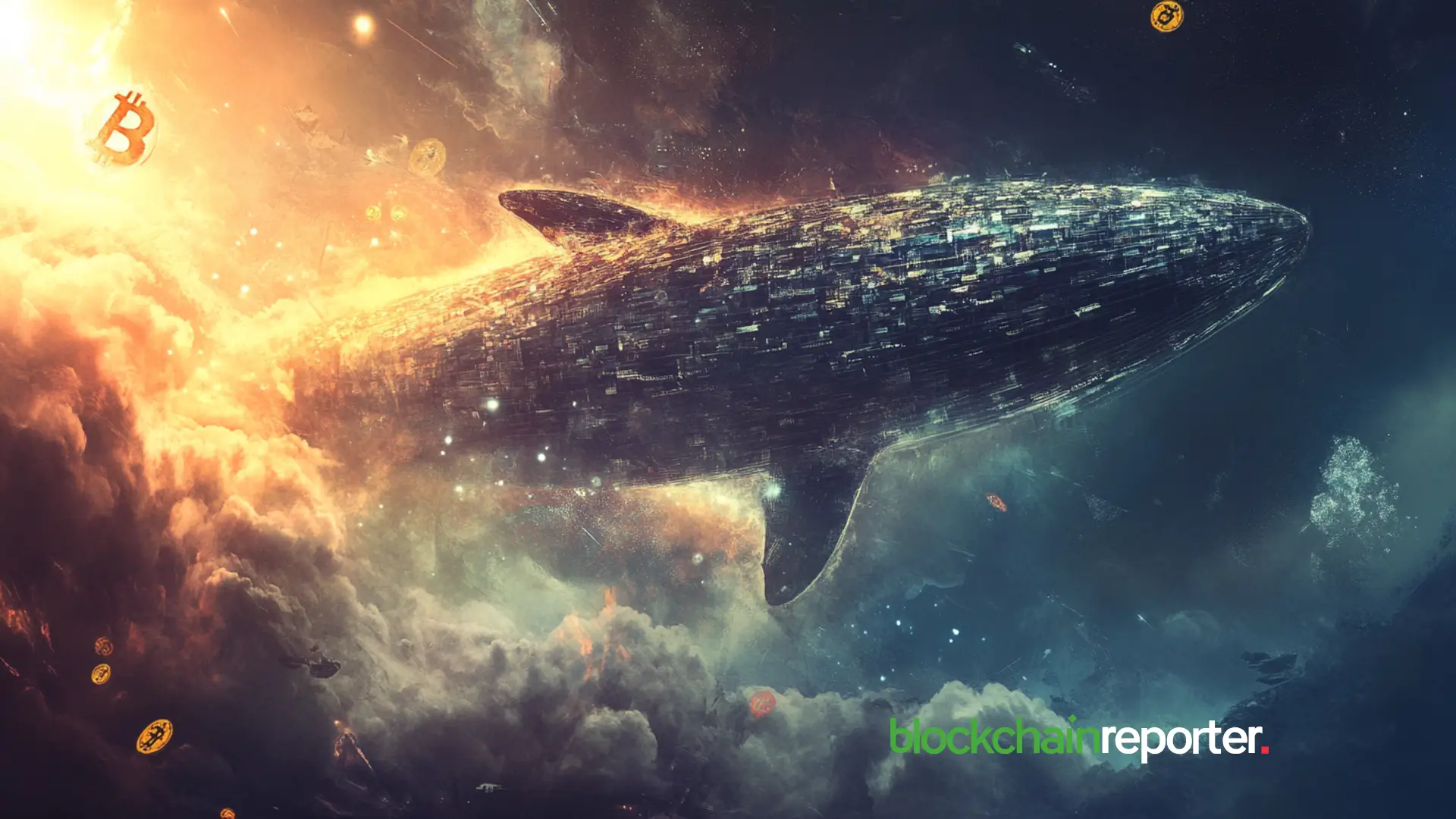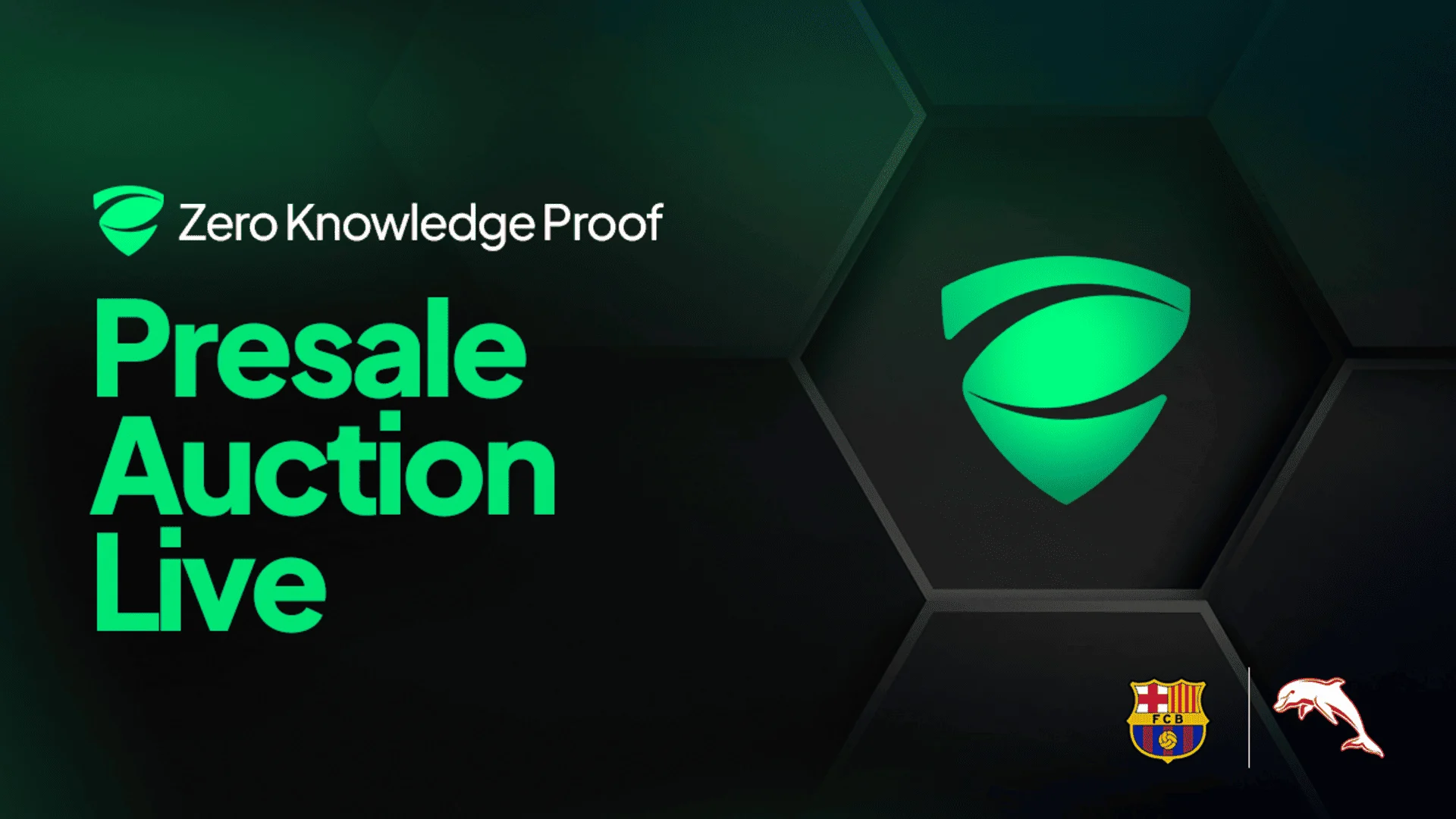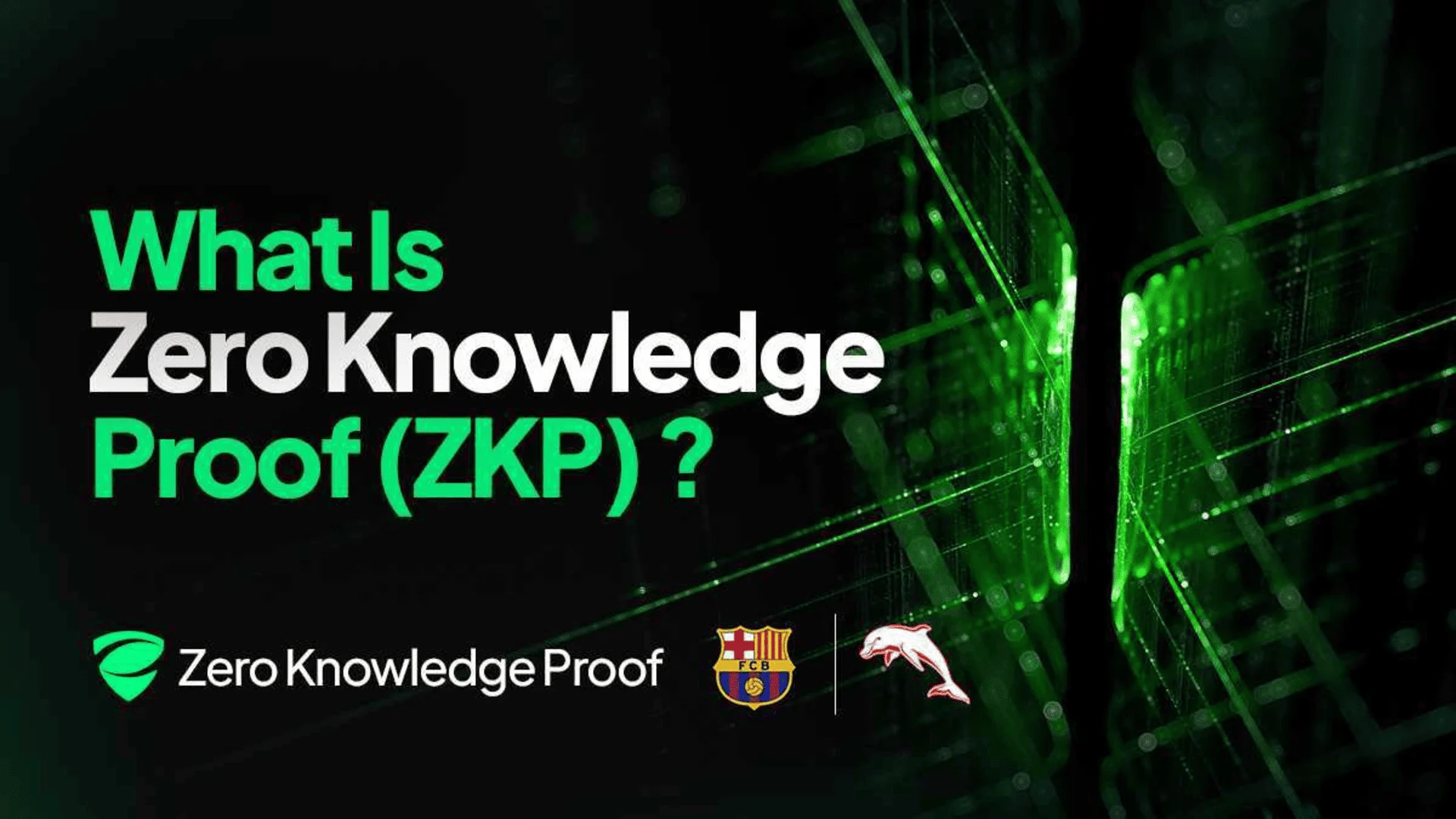
Zero Knowledge Proof is a blockchain project built for private, verifiable AI computation, and it enters the market with all of its core systems already running. The compute hardware is fully manufactured, the infrastructure is active, and the presale auction is live with real-time contribution updates.
With everything already operating, Zero Knowledge Proof positions itself not as a simple privacy tool but as a full AI infrastructure layer. Private computation, data protection, and cryptographic verification are built directly into the network’s core, enabling it to process real workloads now that the system is fully active.
And this article will explain the following: what Zero Knowledge Proof is designed to do, how it runs AI, how it verifies results, how it handles the data behind AI models, and where the project is heading over the next several years.
1. A Blockchain Built for AI, Not Just Transactions
Blockchains today are good at moving tokens, running contracts, and keeping records. But they are not built to judge whether an AI model was trained correctly, whether a dataset was used safely, or whether a result can be trusted.
Zero Knowledge Proof starts from a different premise: if AI is going to operate in a decentralized environment, the network must be able to check the work without looking at the data.
To achieve this, Zero Knowledge Proof uses a four-layer design built on Substrate:
- Consensus Layer: Instead of rewarding wasted energy or idle staking, the network rewards useful computation (Proof of Intelligence) and reliable storage (Proof of Space).
- Execution Layer: Smart contracts run in EVM for familiarity; AI computation runs in WASM for performance.
- Storage Layer: Important fingerprints of data are stored on-chain; large datasets live on IPFS and Filecoin.
- Security Layer: All of this is protected using zero-knowledge proofs, homomorphic encryption, and multi-party computation.
This structure turns Zero Knowledge Proof into something more like a decentralized AI operating system, one where nodes secure the network by performing real AI work.
2. How ZKP Runs AI Without Slowing the Network
Running AI directly on a blockchain would grind the system to a halt. Zero Knowledge Proof avoids this by splitting the work between two engines.
The EVM handles contracts, governance, and marketplace features using the same tools developers already know from Ethereum.
The WASM engine handles the “heavy lifting” of AI: neural networks, matrix operations, and fast parallel computation. WASM runs close to native machine speed, which is essential for real AI workloads.
Here’s the key idea: AI tasks run off-chain for speed, and the blockchain verifies their correctness using proofs. So the system stays fast while remaining trustworthy. This design keeps AI flexible, efficient, and fully verifiable, without forcing the entire network to compute every task.

3. How ZKP Verifies AI Results Without Revealing Anything
Verification is where Zero Knowledge Proof becomes most distinctive. The goal is simple: make AI results trustworthy without exposing the data or the model behind them. To make that possible, Zero Knowledge Proof uses a few privacy tools that work quietly in the background.
- Proofs
When a node completes an AI task, it also creates a small proof that says, “This was done correctly.” The blockchain checks the proof, not the data, and the entire process takes milliseconds. No sensitive information ever leaves the machine that performed the computation.
Zero Knowledge Proof relies on two proof systems, zk-SNARKs and zk-STARKs. Each handles verification in a slightly different way, but both serve the same purpose: proving that the computation was done honestly while keeping the underlying data fully private.
- Encrypted AI Computation
Zero Knowledge Proof supports running AI models on encrypted data. A hospital could analyze medical images or a bank could run risk models without revealing the underlying records to anyone, not even the nodes doing the computation.
- Federated Learning
When multiple organizations want to train a shared model, each one trains locally and sends encrypted updates instead of sharing raw data. The network verifies these updates through proofs and merges them safely, with no one losing control of their dataset.
- Proof of Intelligence
Nodes are rewarded based on how accurate, efficient, and valuable their AI work is. This replaces the wasteful mining model with something far more meaningful: security through useful computation.
Together, these features create an environment where AI work can be trusted even though its inputs remain private.
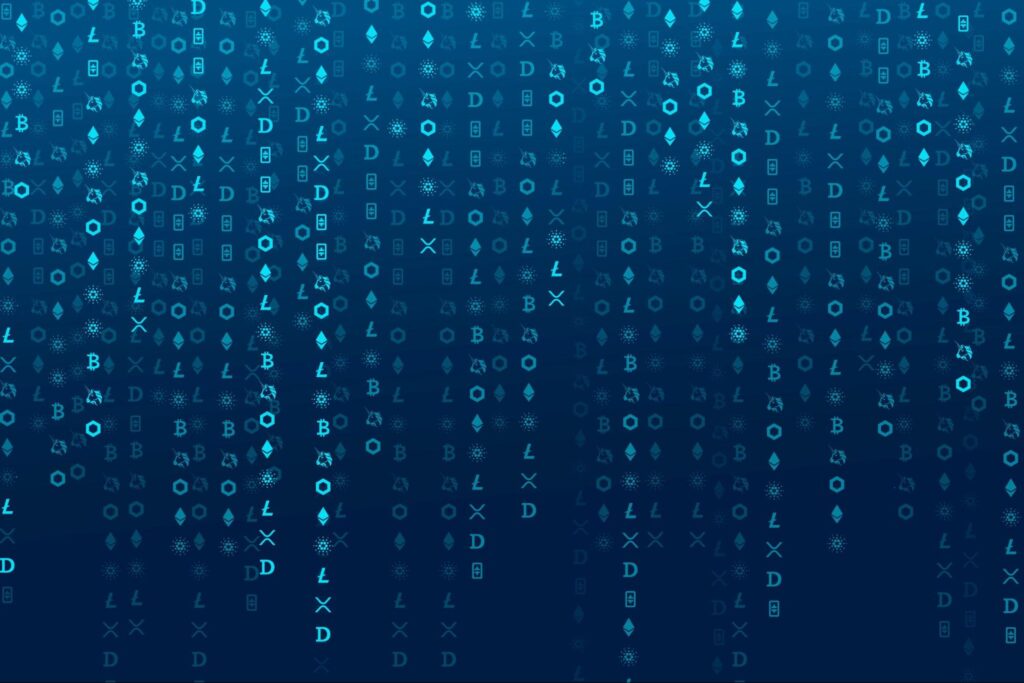
4. How ZKP Stores and Protects AI Datasets
AI models rely on large amounts of data, and Zero Knowledge Proof treats this data with the same importance banks give to financial records. To keep everything both private and verifiable, the system splits storage into two parts: a small on-chain layer for trust, and a large off-chain layer for the actual files.
- What Goes On-Chain: A Digital “Fingerprint” of the Data
The blockchain doesn’t hold the actual dataset.
Instead, it stores tiny pieces of information that act like a tamper-proof label:
- a fingerprint of the dataset
- the content ID
- the dataset’s version history
- proof references
These small records are enough to confirm whether a dataset is real, unchanged, and correctly versioned, without ever revealing the dataset itself. Think of it like keeping a receipt and a serial number on-chain, while the actual item stays in a secure warehouse.
- What Stays Off-Chain: The Full Dataset
Large datasets don’t live on the blockchain because they would slow everything down. Instead, Zero Knowledge Proof stores them across IPFS and Filecoin, decentralized networks built for large files. To make access fast, Zero Knowledge Proof adds a caching layer. This means data loads quickly, the system stays responsive, and multiple nodes can fetch files even during busy periods. So data stays decentralized, but still easy to access when needed.
- How Zero Knowledge Proof Ensures Nothing Gets Tampered With
Every dataset automatically receives a bundle of integrity markers: a unique ID, a root hash, a confirmation proof, and a full change history.
These markers allow anyone to check if it was the correct dataset was used during training, if model updates came from the right version, and if the dataset’s history is intact.
- A Marketplace That Makes Data Trustworthy
Zero Knowledge Proof includes a marketplace where people can safely share or sell datasets. Creators tokenize their datasets. Buyers verify authenticity using zero-knowledge proofs. A Data DAO also reviews and approves listings to ensure quality. The marketplace becomes a trusted environment because authenticity is proven cryptographically, not through reputation.
- Training Models Without Sharing Data
Zero Knowledge Proof supports federated learning, which means organizations can train a shared model without pooling their data together. Each group keeps its data locally and trains the model on its own side. Each group then sends encrypted updates, which Zero Knowledge Proof verifies using proofs. Data never leaves its original location, but everyone benefits from shared model improvements.
5. The Roadmap: How ZKP Plans to Grow Through 2030
The whitepaper lays out a long, steady roadmap designed to turn Zero Knowledge Proof into a global AI infrastructure layer.
2025–2026
- Development of PoI and PoSp
- Early ZK circuits for AI tasks
- Closed testnets with AI workloads
- EVM + WASM integration
- Federated learning prototypes
- Verification modules for IPFS/Filecoin
2027
- Public testnet
- Validator onboarding
- Dataset marketplace launch
- 100–200 TPS throughput
- Governance activation
2028
- Mainnet launch
- Rollup-based scaling for heavy AI tasks
- Parallel proof generation
- Fully operational Data DAO
2029–2030
- AI-focused parachains
- Recursive proof systems
- Post-quantum encryption
- 700–1000 TPS
- Enterprise-grade privacy and compliance tools
The plan shows a consistent direction: Zero Knowledge Proof wants to become the backbone for decentralized AIfast, private, and fully verifiable.
Looking Ahead
Zero Knowledge Proof stands out because it treats AI as core infrastructure rather than a theme. The team had already invested more than $100 million of its own capital into building the network’s architecture, from proof systems to AI execution, before opening anything to the public.
And now everything is live, from the infrastructure to the presale auction ! The auction runs on a daily format with no private allocations and equal access for all. With its focus on private AI computation, verifiable results, and a built-in data marketplace, Zero Knowledge Proof is emerging as one of the most promising crypto to watch now.
As testnets, mainnet launch, and scaling upgrades roll out, Zero Knowledge Proof is positioning itself as a future backbone for high-performance, privacy-protected decentralized AI.
FAQs
1. Can Zero Knowledge Proof run AI models on-chain?
No. The models run off-chain for speed, and the blockchain verifies the results using proofs.
2. Does the network expose private data to validators?
No. Everything stays encrypted. Only proofs are shared.
3. How is Proof of Intelligence different from Proof of Work?
PoI rewards useful AI computation instead of wasted energy.
4. Do developers need special languages?
No. Smart contracts use Solidity in EVM, and AI logic runs in WASM.
5. How does Zero Knowledge Proof prevent tampering with datasets?
With CIDs, Merkle roots, version tracking, and cryptographic verification.
6. Is special hardware required?
Not required, but specialized prover hardware speeds up AI proofs.
7. How does Zero Knowledge Proof scale AI workloads?
Through rollups, parallel proof processing, recursive proofs, and Substrate’s modular design.
Join Zero Knowledge Proof Presale Auction: Website: https://zkp.com/
